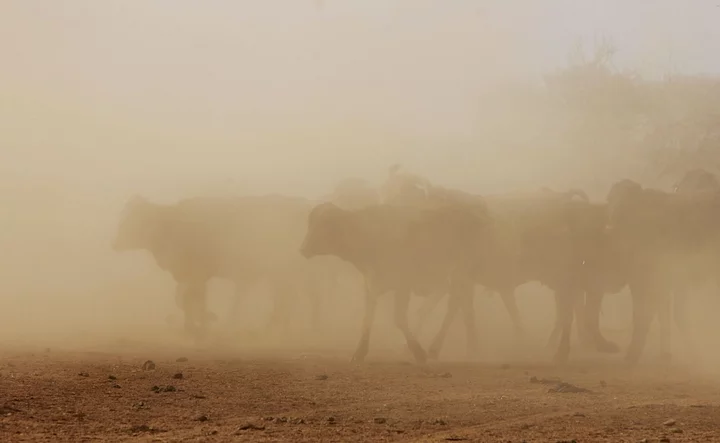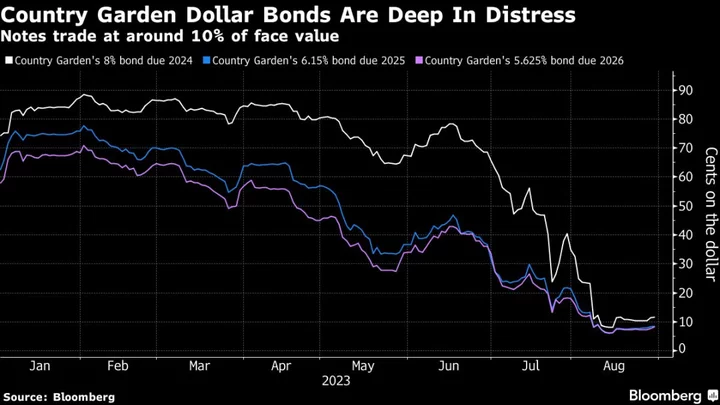Australia, a top exporter of wheat, barley and canola, experienced the driest October in more than 20 years and the fifth driest in records going back to 1900 as an El Nino weather pattern continues to bring dry, hot conditions to the country, according to the Bureau of Meteorology.
That follows the driest September on record. Early that month, the government forecaster estimated wheat output at 25.4 million tons, or 36% less than a year earlier, when the crop was boosted by abundant rains. Dry weather since then may have cut expectations even further. Harvesting of wheat and barley mostly starts in November and lasts through January.
- Rainfall in October was below average for most of Australia, and the driest on record for the key growing region of Western Australia
- The month’s rainfall was 65% below the 1961–1990 average
- Soil moisture was below average (in the lowest 30% of all years since 1911) for much of country, particularly in the south and east
- For November 2023 to January 2024, below median rainfall is likely or very likely (60% to greater than 80% chance) for northern, western, central and southern Australia
READ: Australia’s Soil Moisture Below Average During Dry September
READ: Australia’s Bureau of Meteorology Makes EL Niño Declaration









